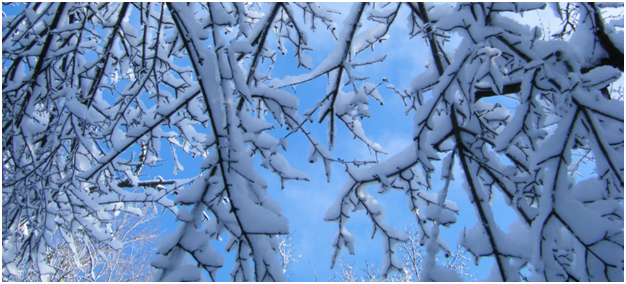Snowball
"A kinaesthetic opportunity to put an instructional spin on a 'paper snowball fight' as students share what they learn with each other."

What is it?
Snowball is an instructional strategy wherein students write a discussion prompt (statement, question, etc.) related to a topic or concept on a piece of paper. The prompt is intended to encourage discussion and/or help them to better understand the subject matter. This instructional strategy can be led, with an instructor question or prompt, but ultimately, the student drives the discussion focus. These prompts can relate to a reading, video, previous lecture or a question about the course content.
This strategy can be used as an icebreaker activity, to review content from a previous lesson, or as preparation for a test. In addition it encourages classroom discussion and group cooperation by providing students the opportunity to share knowledge and information with each other and the entire class.
Skills Promoted
- Cooperative & collaborative Learning
- Divergent thinking
- Peer learning
- Problem solving
- Reflective analysis
Who's using it?
SALTISE community members who use this strategy and are willing to share advice and/or resources.
| Institution | Discipline | Instructor | Classroom settings |
|---|---|---|---|
|
Dawson College Level: College |
Anatomy |
Traditional Classroom with Whiteboards or interactive whiteboards Classroom size: 30-40 |
| Institution |
Dawson College Level: College |
|---|---|
| Discipline |
Anatomy |
| Instructor | |
| Classroom settings |
Traditional Classroom with Whiteboards or interactive whiteboards Classroom size: 30-40 |
Why use it?
With snowball, students are exposed to “publication” of their knowledge and are given the opportunity to peer review another group’s work. This requires students to cooperate in order to come to a consensus. Because each group presents their findings, students can be exposed to more examples in the time that it takes them to work through one.
When different groups go at a different pace this can complicate how the class is managed. If one group is too far ahead, assistance can be provided to the teams that are lagging behind without hindering the group learning process. If one team is only slightly ahead, they can be provided with additional questions or asked to revisit what they have done.
Ready to try it out?

Strategy Workflow
Helpful resources
References
Gani, S. A., Erwina, R. and Yusuf, Y. Q. (2017). The effectiveness of snowball throwing technique in teaching reading comprehension. The 1st National Conference on Teachers' Professional Development.
Ginting, N. (2018). Improving student learning motivation by using cooperative learning of snowball throwing model on social sciences subject at topic diversity of ethnic and cultural of Indonesia at SDN 055985, academic year 2017/2018. Vision: Journal of Language, Literature & Education.
Marlena, N. (2016). Implementation of learning snowball throwing method to improve student learning outcomes of operation management subject. The 1st International Conference on Economic Education and Entrepreneurship.
Burk, I. (2012). The snowball questioning method. The Science Teacher.
Videos
“Snowball Active Learning Technique” – TATP creative teaching strategy from University of Toronto
Snowball: An instructional technique – Dr. Laura Elizabeth Pinto, Faculty of Education, University of Ontario Institute of Technology (UOIT)
Websites
Group Work – The Snowballing Technique. Blog: Go Back to School.
Group work in the Classroom: Snowball technique – University of Waterloo
To Learn More
For more reading resources go to Articles and Books

